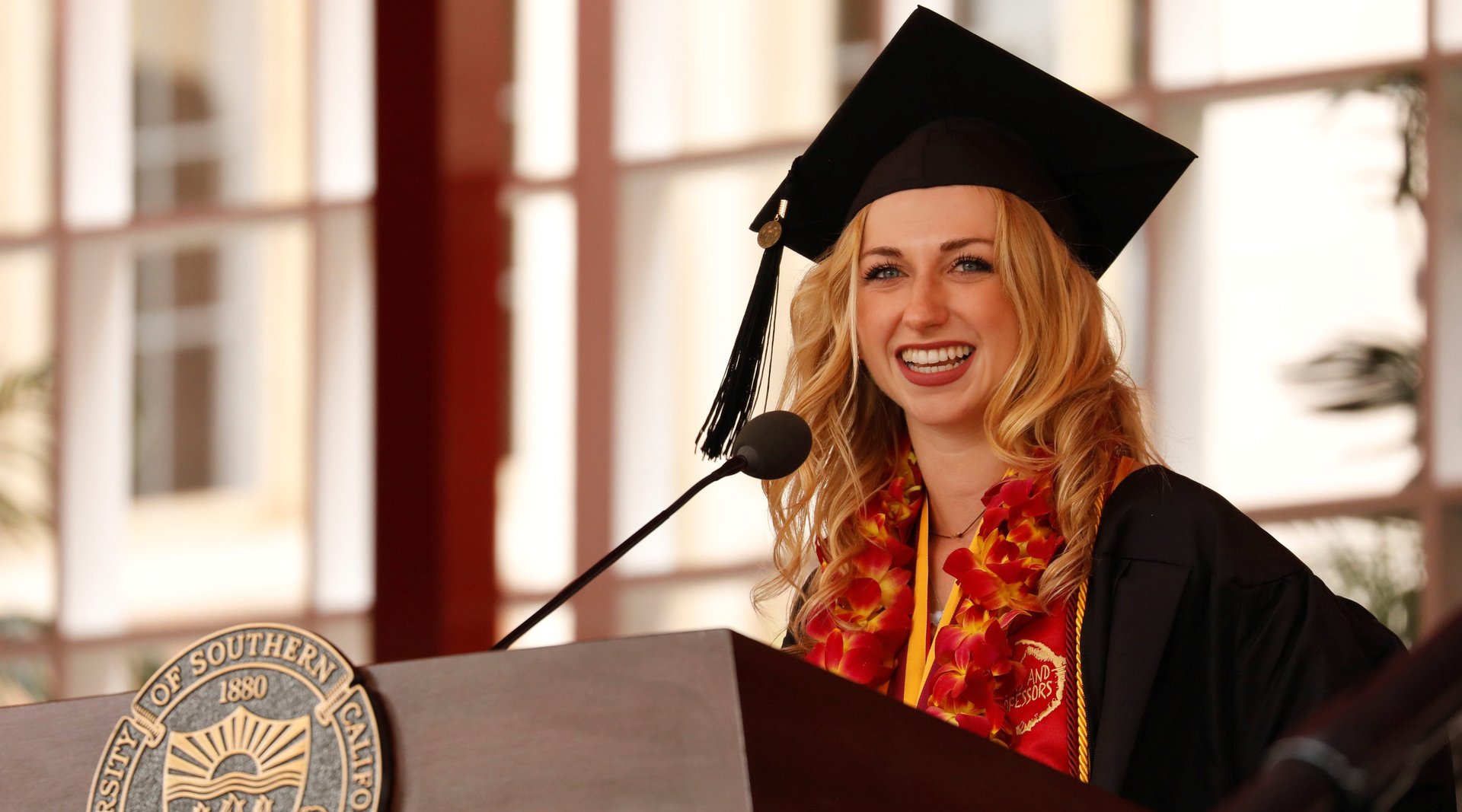After graduation, valedictorians aren’t the most likely to succeed
It’s graduation season and, at high schools in North America, each graduating class will crown a valedictorian—usually the person with the highest grade point average. But students who come top of the class may struggle to replicate that outstanding success once they’re out of school.


It’s graduation season and, at high schools in North America, each graduating class will crown a valedictorian—usually the person with the highest grade point average. But students who come top of the class may struggle to replicate that outstanding success once they’re out of school.
A new book, Barking up the Wrong Tree, by the science blogger Eric Barker, highlights an 1995 study that tracked the success of 81 valedictorians for 14 years after graduation. The research, published by Boston College researcher Karen Arnold, showed that while nearly all the valedictorians did well, precisely none were standout successes. Though 90% were professionals and 40% reached the highest tier in their fields, there were no visionaries in the group.
“We’re all told mom wants us to be a valedictorian and to study so hard,” says Barker. “And they do well, very well. But oddly enough, they don’t reach the same heights of success after school.”
Barker believes the basic truths Arnold observed haven’t significantly changed since she did her study. “This is what you see after,” says Barker. “They [valedictorians] don’t go on to reinvent the system or lead it. Instead, they’re part of it.” Arnold’s research indicated that valedictorians thrived in schools that focused on rewarding rule-followers, but those qualities didn’t drive them to innovative, out-of-the-box thinking in their careers.
Another disconnect: School tends to reward generalists who do well across their classes, but many brilliant innovators have an extremely narrow and specialist focus. This concentrated attention to the topics that interest them might help them excel in the real world, even if it didn’t make for a stellar GPA.
Barker argues that schools should shift their focus to encourage more creativity. Though many teachers claim to appreciate creative students, there’s research (though with a fairly small sample size) showing that teachers often get frustrated with creative students’ nonconformist tendencies.
“Those students don’t follow the rules,” says Barker. “They tend to do things a bit differently.” And of course, creativity requires experimentation—and experiments often fail.
Barker gives an example of a film director whose first movie bombs but second movie is a huge success and makes a massive profit. In life, we’d consider such a director very impressive. In school, their average score would be a middling GPA.
Certainly the valedictorians don’t seem to have gone on to particularly unhappy lives, and in many ways they probably achieved satisfaction. But graduating seniors might do well to remember that winning high school isn’t everything. And for those who want to change the world, a perfect GPA is not a prerequisite.